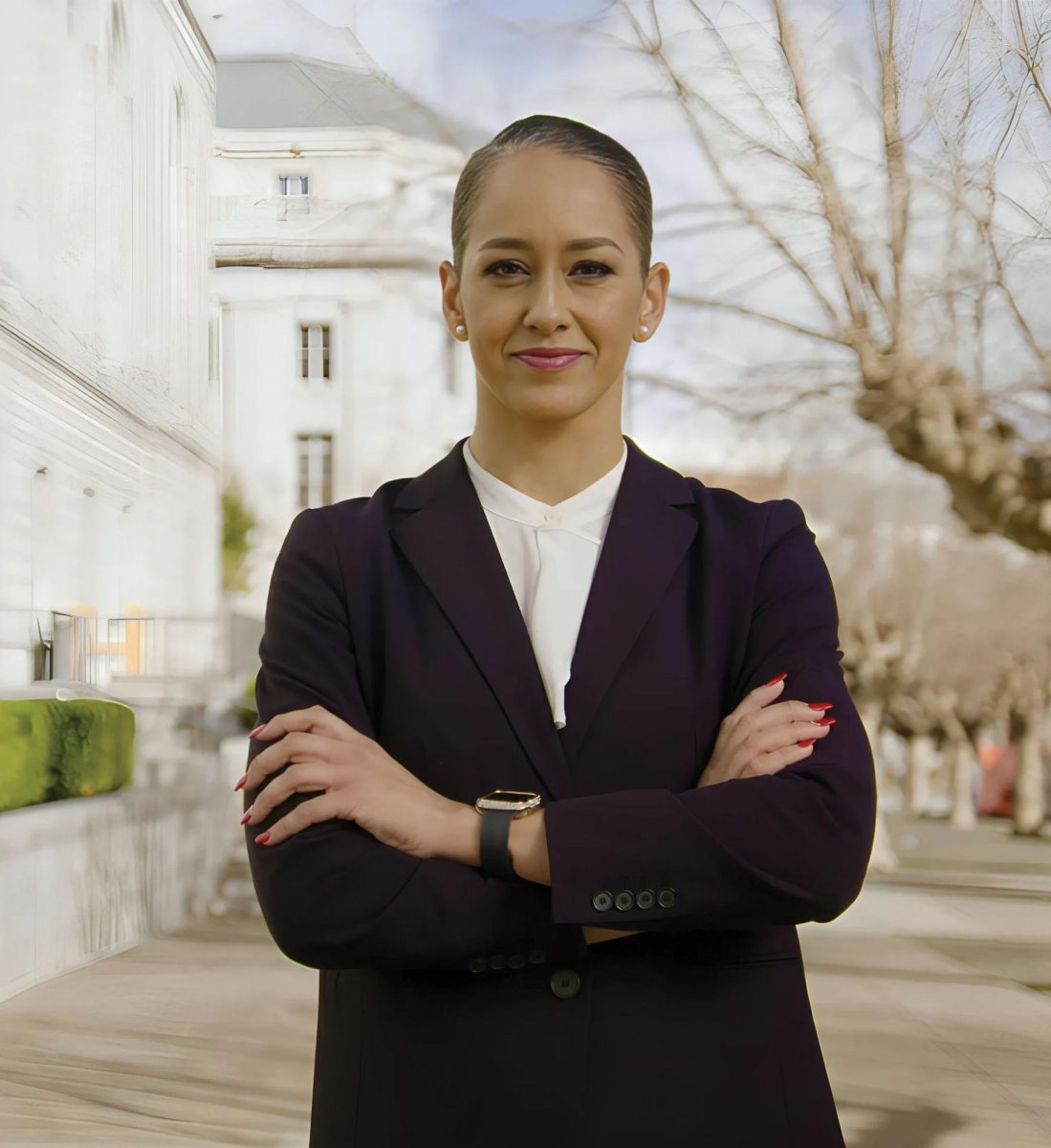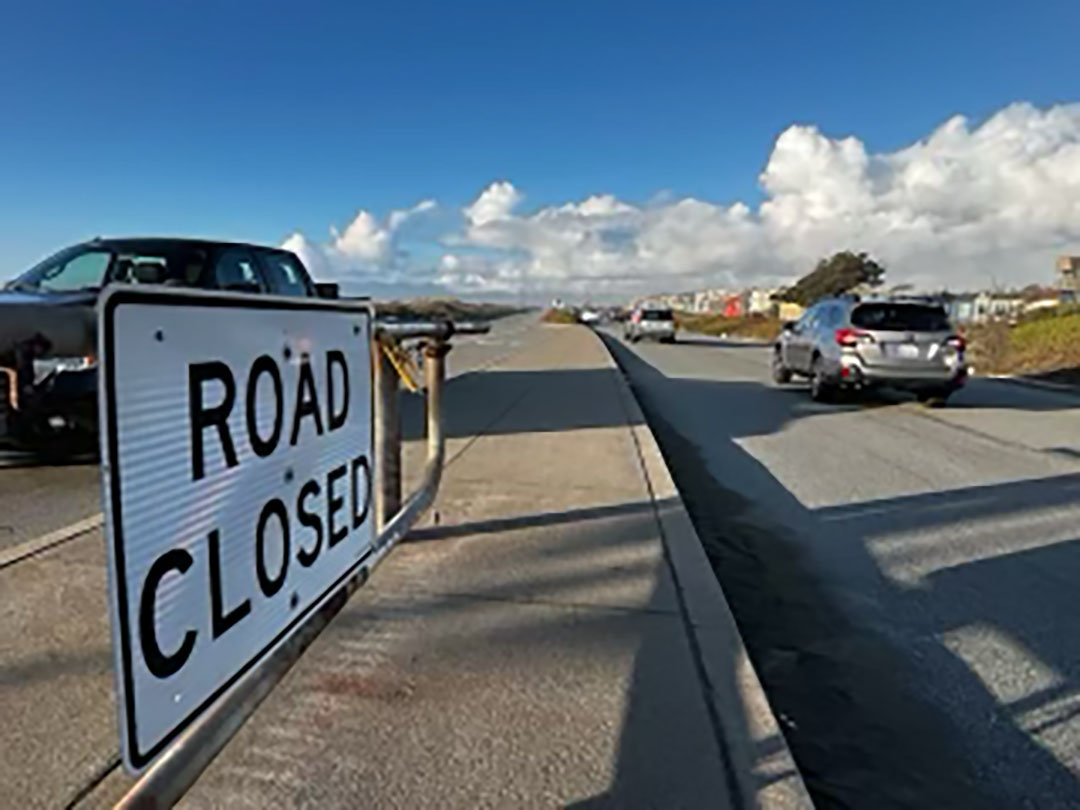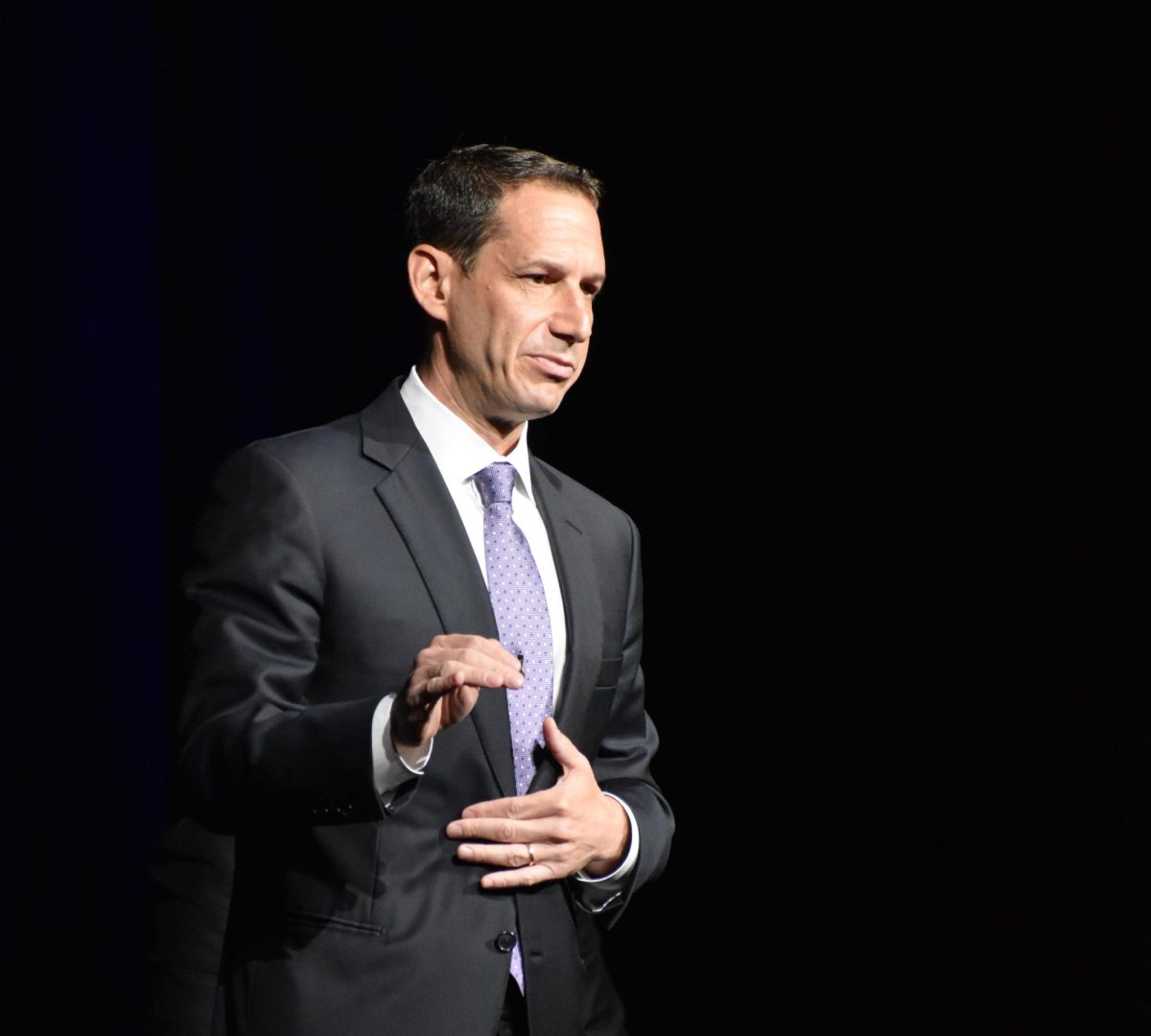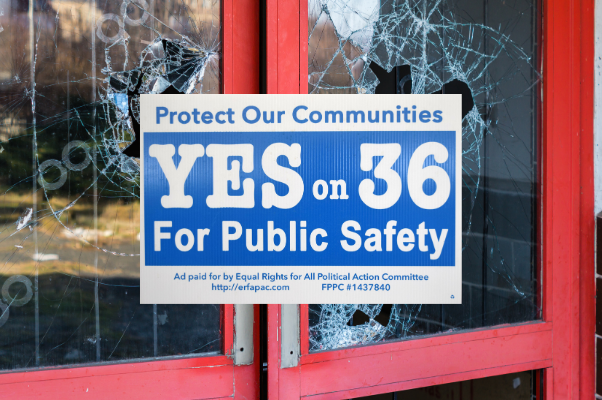After months of bombardment, more than 25,000 killed and 62,000 wounded in Gaza, South Africa filed a case against Israel in the International Court of Justice accusing them of genocide against Palestinians in Gaza on Dec. 29, 2023. On Jan. 26, the ICJ issued their ruling.
In a near-unanimous vote, the U.N. court ordered Israel to prevent acts of genocide by its military, to punish incitement of genocide from Israeli officials and to ensure that more aid reaches Gaza. The court also ordered the immediate and unconditional release of Israeli hostages still in Gaza.
However, it stopped short of what South Africa–and its backer, the Palestinian Authority–sought to achieve: an immediate ceasefire order.
The ruling has garnered mixed responses, with both sides interpreting it to its own favor.
Israel’s Prime Minister, Benjamin Netanyahu, said, according to published media reports, “The vile attempt to deny Israel this fundamental right [self defense] is blatant discrimination against the Jewish state, and it was justly rejected.”
South Africa, on the other hand, took it as a partial victory. According to United Nations News, the South African Foreign Ministry said, “Today marks a decisive victory for the international rule of law and a significant milestone in the search for justice for the Palestinian people.”
South Africa’s opening arguments, which took place on Jan. 11, consisted of five main arguments: the mass killings of Palestinians in Gaza, the infliction of serious mental and bodily harm, forced displacement of millions and the imposition of non livable conditions such as food and water blockades, the destruction of healthcare systems, and the prevention of Palestinian births.
Adilla Hassim, one of South Africa’s lawyers, detailed the 2,000 pound bombs that Israel has deployed on areas that Israel itself has declared safe and how 70 percent of the more than 25,000 killed (at the time–figures have increased to 29,500 since press time) consist of women and children.
Israel–and its longtime ally, the US–vehemently denied South Africa’s allegations and subsequently denounced the ICJ’s ruling.
Israel’s high level legal defense reaffirmed their right to self defense, primarily focusing on the brutality of the Oct. 7 attack in which 1,200 Israelis were killed, 240 were taken hostage and many others were allegedly subject to sexual violence. It argues that it’s Hamas–which Israel, the US and several other Western allies classify as a terrorist group–that should be considered genocidal.
Additionally, Israel says it takes measures to protect civilians by issuing evacuation flyers before deploying bombs. They blame the high civilian death toll on Hamas, saying the militant group uses civilians and civilian infrastructure as human shields that leave them no choice but to bomb residential areas.
Despite the ruling, enforceability is a primary concern. Thousands more Palestinians have been killed since the ICJ’s ruling. The IDF has begun attacking Rafah, where 1.4 million Palestinians reside in what is widely considered Gaza’s last refuge.
The ensurement of aid is also on thin ice; eighteen countries have suspended funding to Palestine’s top aid agency when Israel accused (without evidence) 12 of the UN organization’s 13,000 employees of participating in Oct. 7. It’s a dire move expected to accelerate the looming threat of famine in the enclave.
Even in self defense countries must comply with international humanitarian laws of war. Many actions that Israel has committed in the war–such as the desecration of Palestinian cemeteries and corpses, besiegement of hospitals, destruction of churches, mosques and universities, bombing of UN affiliated schools, and attacks on refugee camps–could amount to such violations if they were prosecuted.
This case has important implications for foreign relations as well.
Cory Nelson, an APUSH teacher, stated that “South Africa has drawn similarities to their country’s history of apartheid [with the Palestinian cause], which heavily prompted them to bring their collected evidence before the court.”
Israel, meanwhile, seeks to deny allegations of genocide as a country born in the wake of one–the Holocaust, where 6 million Jews were systemically murdered by the Nazis. Germany’s Nazi history is why Israel now has Germany’s full support in its legal and literal battles.
Nelson concludes, “Once this case concludes, additional pressure might allow the International Court of Justice to consider how the impact their rulings have on international relations in addition to new United Nations protocols.”






